|
And with the blink of an eye, another year has passed! The recent winter holiday was wonderful. We had two weeks off after Christmas which allowed time for much reflection on the year, a renewal of energy and spirit, and time to think about my 2018 One Word. Choosing a single word to guide my year has been a tradition I have been doing since 2012. I've written previous blogposts here and here. I've never been a big fan of New Year's Resolutions, as they felt a bit like a pass/fail test; whereas, choosing a profound word to inspire and create intention in your life sounded far more inviting!
Placing emphasis on "hygee" helped me to move beyond a year of sadness (the loss of mom) and into a place where I could take comfort in the sanctuary of life. Simply being home with my family, or time spent alone, or through togetherness with others, I felt love, joy and a general sense of well-being. Small things like nightly walks with the dog and Scott, a cozy pair of socks, lit candles, new jammies, and hearing "I love you" from either M & M - all of these things brought me gratitude, serenity and inner peace. This was much needed. In September, I started a new position in my school district. I went from multiple roles to a district position where I support teachers and students in Numeracy in a broader sense. With any change, there is a ton of learning and challenges. There are also many positives, like developing relationships with 'new to me' colleagues. My learning curve has been steep and my pace has been insane (a result of not knowing what I don't know, wanting to do well, and the high expectations I place on myself). A pace like this doesn't leave important time for reflection and causes the work-life balance to tilt. My colleagues shared their wisdom with me, but as we know, learning needs to be experienced. And I needed to learn from my own experience. Having four months in the new role, and understanding the power of a word to make a positive impact, this year my 2018 word is CULTIVATE. I truly believe that we create the life we want. Joel Osteen, speaks of the power of "I AM" in his book, The Power of I Am. He says "whatever words follow the words 'I am' will determine what your experience will be. You can either speak defeat or power into your life". Generally speaking, I consider myself a fairly optimistic, positive person, but these past few months professionally, self-doubt has crept in. Similar to a first year teacher, I have felt overwhelmed, compared myself to others, and felt an overall a lack of confidence. Herein lies how my One Word 2018 originated. Brene Brown, talks about WholeHearted Living in her book Daring Greatly which I read this past summer. She refers to ten guideposts. Professionally, her ten guideposts struck a chord with me this holiday when I picked up her book again. I saw myself and a need to cultivate. If I want to create a life where the words that follow "I am" include "enough and happy" I needed to stop speaking defeat into my life. Things need to change; I need to cultivate.
Moving forward professionally, I will:
What word will guide you this year? #oneword2018
4 Comments
This week I visited a Grades 3 and Grades 3/4 class at Betty Huff Elementary. The two teachers and I met during the first week of school and worked collaboratively to discuss how to begin the year. I am working with these teachers this term to support their professional inquires which focus on developing their students curricular competencies in relation to content, as well exploring what inquiry-based practices could look like in mathematics. We began by creating a mini-unit exploring the following questions: What is math? What does it mean to do math? Where does math live in the world? Additionally, we wanted students to begin to explore their own identity as a math learner. This is an important aspect of BC's redesigned curriculum. The Positive Personal and Cultural Identity is one of our core competencies and includes the awareness, understanding, and appreciation of all the facets that contribute to a healthy sense of oneself . We wondered how our students saw themselves as Mathematicians.  We began with an activity I had seen on Graeme Anshaw's blog where he asked students to share their personal histories with mathematics. The teachers gave each student a sticky and ask them to write or draw how they felt about math and why. Then students were invited to share their thoughts with the class and place their sticky on the line spectrum. The teachers commented how through this activity they were able to learn about the mindsets students held with regard to mathematics. As you can see the Grade 3/4 class held more positive views, while the Grade 3 class was more mixed. The teachers remarked how curious they were to dig more deeply into these stories and work with these students to shift some of their negative feelings. I visited the class on the second day of the mini-unit. We began with the question "What is Mathematics?", and surprisingly, we learned that not all children had an understanding of the word "Mathematics". They didn't realize it was just a longer version of the word "Math"... an important reminder that all children are "mathematics language learners" and we must pay attention to the language we use. When reflecting upon the charts, we were able to see similarities to the work that Tracy Zager and Deborah Nichols reported hearing from a Grades 1/2 class (pg. 11 - 13 in Becoming The Math Teacher You Wish You'd Had). It seemed that our students felt mathematics was mostly about computation. Their experiences had been many worksheets, which they felt was really hard. Inspired by Tracy Zager's suggestions to use books to help expand children's view of mathematics, we read aloud On A Beam of Light: A Story of Albert Einstein by Jennifer Berne. Before beginning the book, we passed out "Notice/Wonder" sticks to the students. We asked them to raise their "Notice" glasses if they noticed anything in the book that they thought represented mathematics, which we would add to the chart. Additionally, student were asked to raise their "Wonder" question marks if they thought they might have seen or heard something that could be added to our chart, but were unsure. Credits go out to Beth Kobett who shared the idea of Notice and Wonder sticks on Twitter.
Below is the mini-unit we created including using ideas from Tracy Zager's book, Jo Boaler's inspirational week of maths, and Graeme Anshaw's blog. Feel free to leave any feedback you have on our mini-unit. We welcome your ideas and suggestions! I am curious how did you start your year with your Mathematicians?
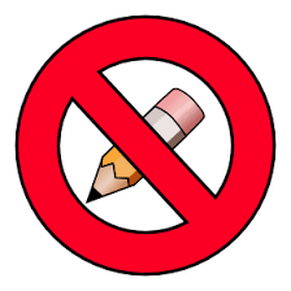 I love returning to school in September. I get giddy with excitement purchasing school supplies and can't wait to meet my new students. This year my two kids have started Grades 6 and 8. They also share my love of picking out colourful pencils, pens, binders, and such, but since we didn't know what was required for high school I told my son we would purchase his supplies at the end of the first week. Last weekend, I took the necessary time to review my son's course outlines. Generally they were as I expected but it was a comment from my son that caused me pause. He told me that he needed more pencils and a bigger eraser for Math. He said that all his Math work had to be done in pencil and the erasers at the end of pencil weren't going to be big enough to erase mistakes. Herein, is where my mind started buzzing with questions. This long-standing tradition of using only pencil in Mathematics so students can erase their errors doesn't make any sense to me! We don't insist on using only pencil in any other subjects, so why Math? In writing, when students review and revise their work, they simply write on top or under what they have written, cross one word out and add another and add indentation marks to show where they have added. This makes it possible for teachers to see the trajectory of learning. Likewise, when children read to us and they make a mistake, we don't halt them and say "stop, that's incorrect"; instead we give them time to see if they catch their mistake and self-correct and then we discuss the error and strategies to help the student. The practice of writing in pencil so that we can erase mistakes in Math runs contradictory to all the current research we know about developing growth mindsets, honouring process over product, and capitalizing on opportunities to move our students' learning forward. Jo Boaler writes Studies of successful and unsuccessful business people show something surprising: what separates the more successful people from the less successful people is not the number or successes but the number of mistakes they make, with the more successful people making more mistakes (Mathematical Mindsets, 2016, p.g. 15) If mistakes are a necessary part of our learning process, then why are Math teachers asking children to erase them? I believe mistakes should be seen positively, as they show what the child currently understands and any misconceptions are opportunities for learning to occur. Furthermore, we know from both research and experience that when we build classroom communities that are safe to take risks and use errors for instruction, we have the potential to increase our students' understanding (Bray, 2013). Why would we give up this opportunity by encouraging erasing? I have wrestled with this idea before. Two years ago I sat frustrated trying to figure out my son's understanding about adding fractions with different denominators.I knew he had some misconceptions but I couldn't make sense of his thought process because the work he brought home from school had been fully erased. He had shown his teacher his work and was told to erase it and re-do it. I then asked his teacher to please refrain from having my son erase and explained my rationale. Here we are two years later with more knowledge about the importance of mistakes as part of learning and I am unsure if we are further ahead. I would like to be able to tell you that both my children are using only pen in their Math classes but that wouldn't be the truth. They don't want to stand out against their peers or make their teachers unhappy so they continue to use pencil... but they no longer erase (at least that I can see). As I move forward supporting both teachers and students in Math classes this year, I will be bringing with me a beautiful tin of colourful pens, with all sorts of interesting designs, including some that are smelly! We will use these to record our Mathematical thinking and understanding and there will be NO ERASING! All thoughts will be valued and mistakes will be seen positively, as part of our learning and growing process! I am interested to hear others thoughts on this topic and the role pencils and erasers play in your Mathematics classes. Please feel free to add a comment. Boaler, J. (2016). Mathematical mindsets: Unleashing students' potential through creative math, inspiring messages, and innovative teaching. Bray, Wendy S. 2013. "How to Leverage the Potential of Mathematical Errors." Teaching Children Mathematics 19 (7): 424-431. 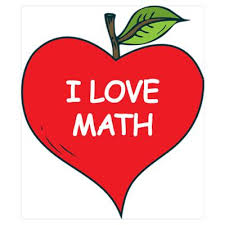 As a parent of two kids, aged 10 and 12 I am learning many things about tweens! I am learning new acronyms for texting, "bad" words I wasn't aware of, and that bathing everyday does not necessarily occur without adult reminders. My new understanding of tweens could fill an entire blog post.. but my children might not appreciate that. This weekend in a discussion with my two tweens, I learned something I wasn't necessary surprised by, but was deeply saddened about. We were talking about the subject of Mathematics and I was asked what they were doing at school. In unison both my children groaned about their dislike for the subject. As a passionate Math teacher, I commented that they just needed to try seeing the beauty of the subject. Both started laughing and said "Mom, don't you know what MATH stands for?" Puzzled I said "no". They then they proceeded to inform me that in their minds, and apparently the minds of "all of their peers" Math stood for "Mental Abuse To Humans". Perhaps I have been living under some rock of Math utopia, but I was surprised that my kid's generation thought this way. I prodded both kids a little further and asked if they really believed this saying about Math? How could my kids not value Math? I mean they have had some experiences at home with me and I know they have had some excellent teachers who have taught Math in engaging ways... But something I have noticed, is that as they have moved up into the intermediate grades much of their experiences with Math have been through interactions with text books. I am not saying that using a text book is all bad or that teachers who use text books are wrong to do so, but I think texts tend to focus on paper and pencil exercises where discrete skills and concepts with little context are the focus. Similarly facts and algorithms are told to students, as opposed to having the learners discover different strategies that work and make sense to them. Texts also do not tend to emphasize collaboration; therefore, much of the work is done in isolation. Looking at Math through these types of experiences, I could see how my kids viewed Math as boring and tortuous (yes, that was a word they used!). Teachers have tough jobs, especially at the Elementary level where they are required to be knowledgeable of many curricular areas. Teachers want to engage students in Mathematics but often either don't have the time to or knowledge of what resources needed to shift their practice. Teacher preparation schools (e.g., Universities) aren't much help either. Often, teacher candidates get less than 24 hours of Math instruction to prepare them to teach Math from Kindergarten to Grade Seven. My point in all this discussion is that teachers like myself, who are lucky enough to focus solely on Math education education, need to create places where we share key resources, ideas, and stories from our classes. Similar to our students, we need to connect, collaborate, and learn from each other. As disappointed as was with my discussion with my kids and their negative disposition to Mathematics, it reminded me of the urgency. We must unite in our plight to develop children who love Mathematics! Hearing my children's voices about Math was just the nudge I needed to push me to finally curate this site... it had been percolating in my mind for awhile. Our Mathematical moments/stories have value and they have the power to inspire others. I am ready to begin sharing my stories. Are you? If you are a Mathematics educator who blogs about your practice, I encourage you to share your stories! We can make positive change! |
About Me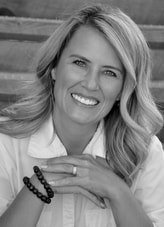
I am a Numeracy Helping Teacher with the Surrey Schools District. Each day I am thankful for being able to work with amazing students and teachers in an area I am passionate about ~ Mathematics! Subscribe:Click the RSS feed button
Archives
October 2018
Categories
All
|
||||||||||||||||||||||
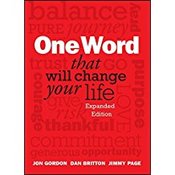
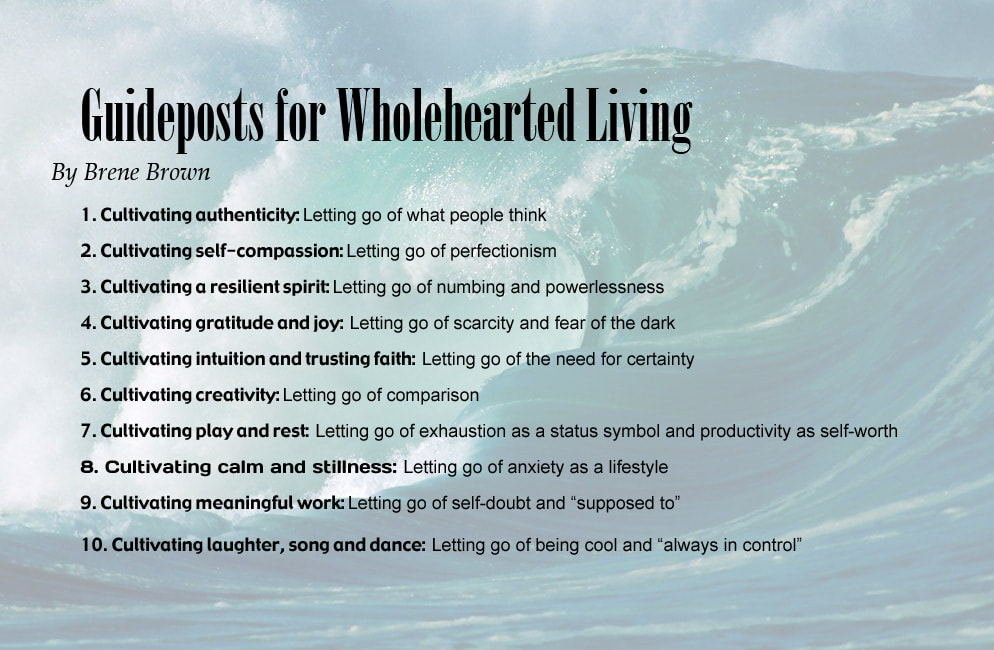
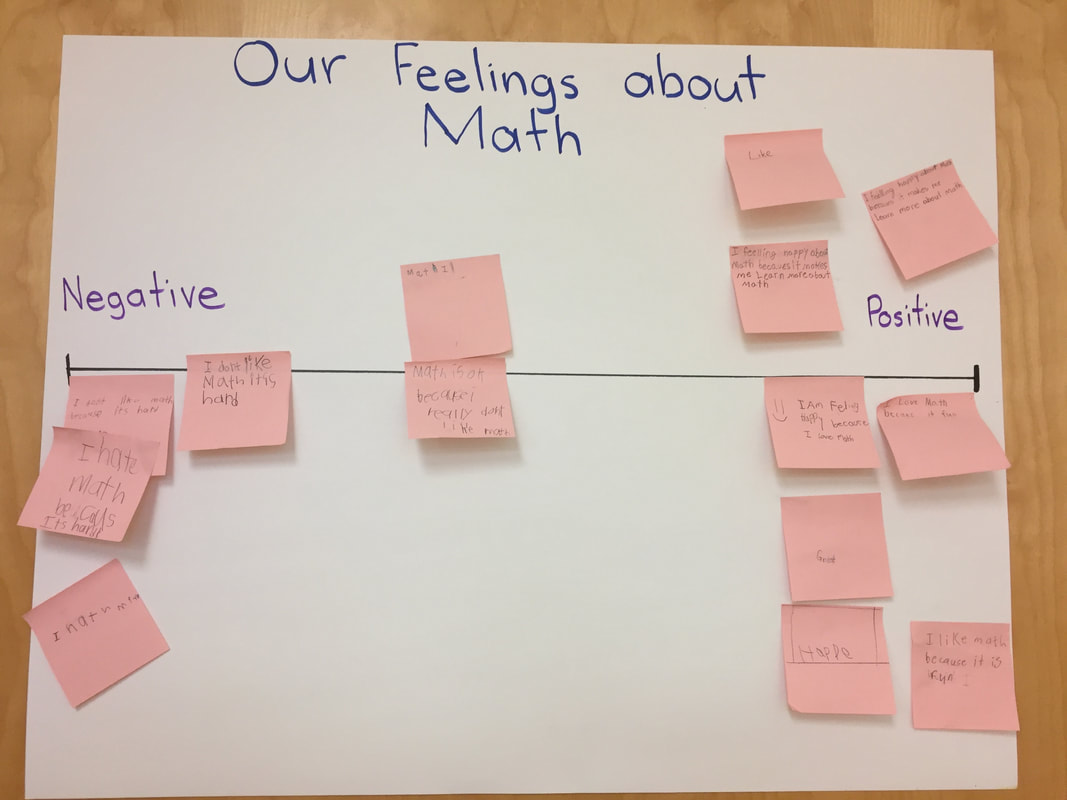
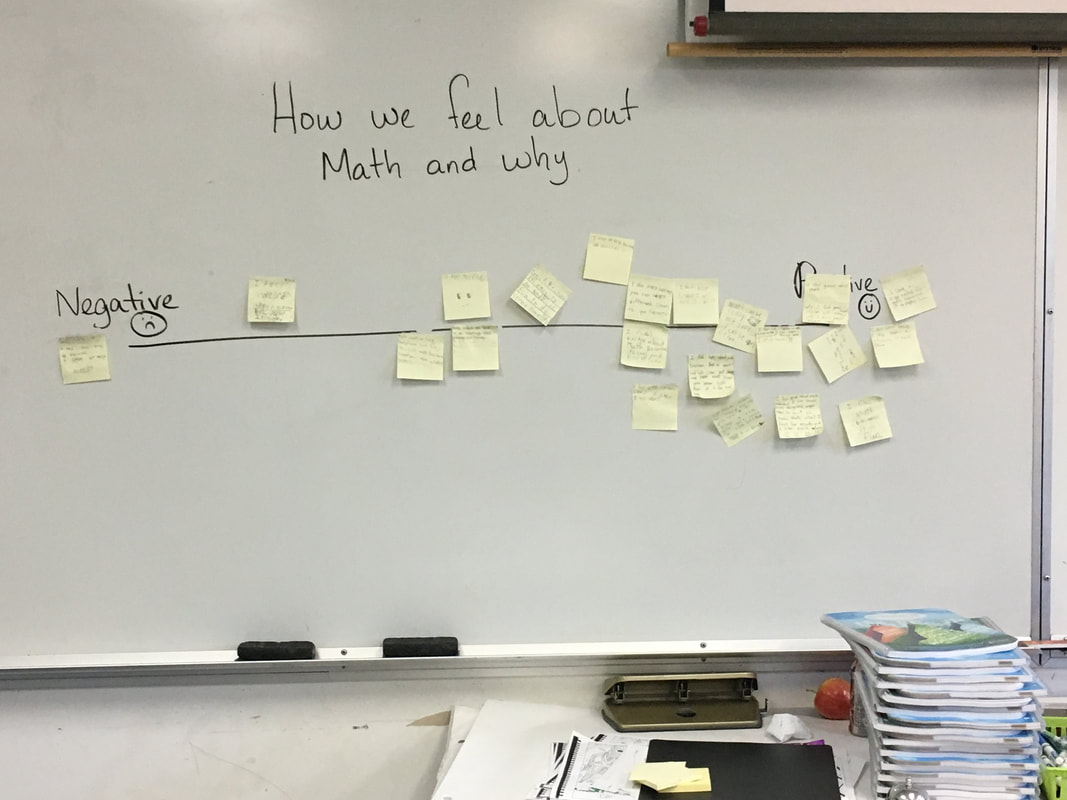
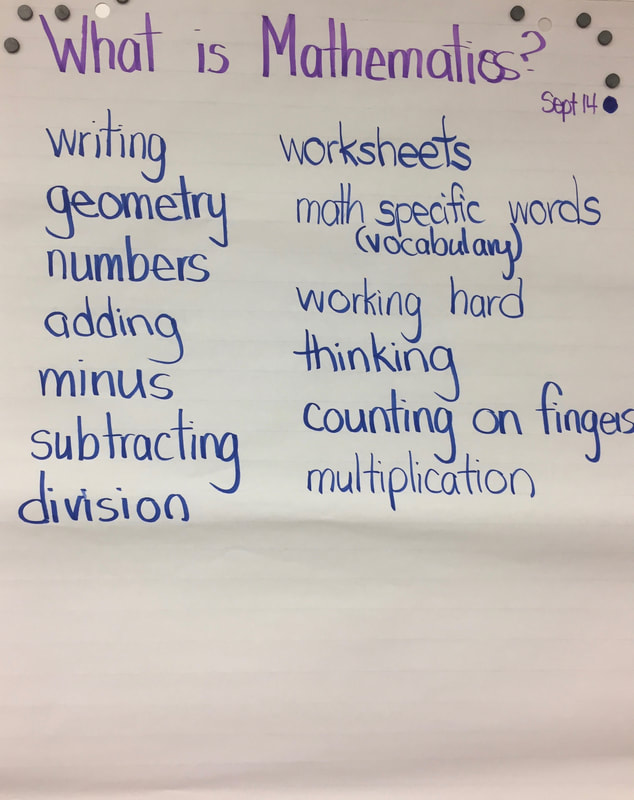
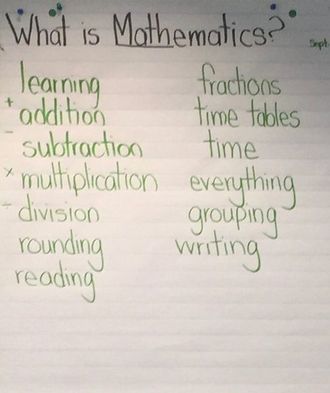
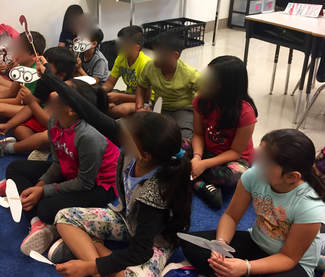
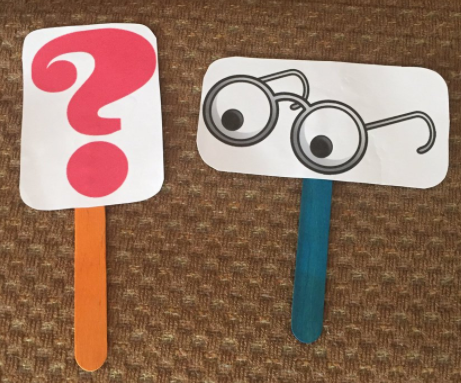
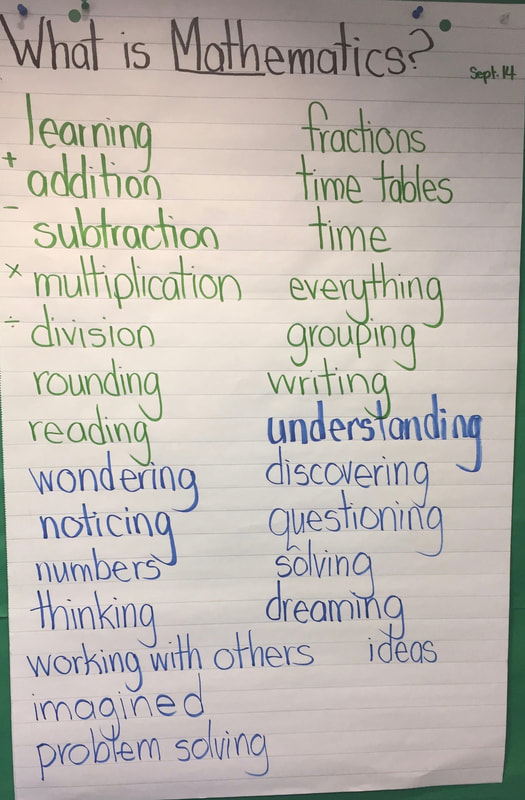
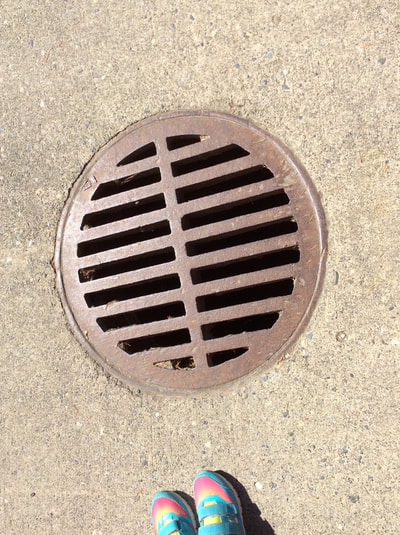
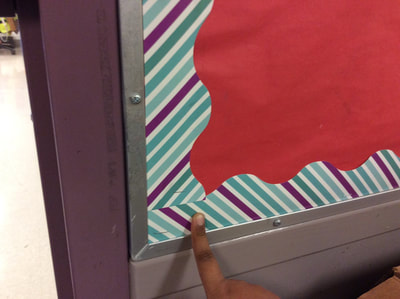
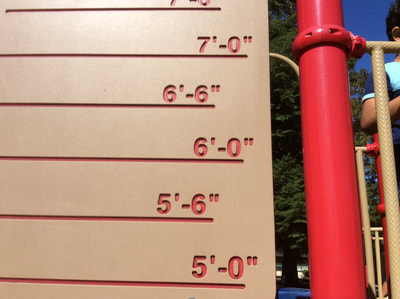
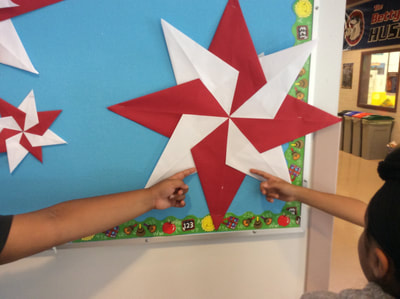
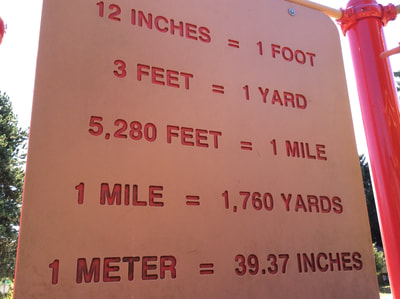
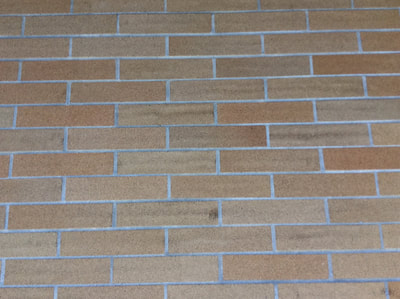

 RSS Feed
RSS Feed
